Germany Partners
Piste is a partnership between universities from different European countries.
The PISTE project is based on a partnership among eight actors with different backgrounds and from four Member States. It involves three academic institutions, one NGO and four municipalities, one for each field, mobilising research to inform actual practices at the local level.
Germany Project Partners
Have a look at our partners and all team members from Germany in this section.
Bebra
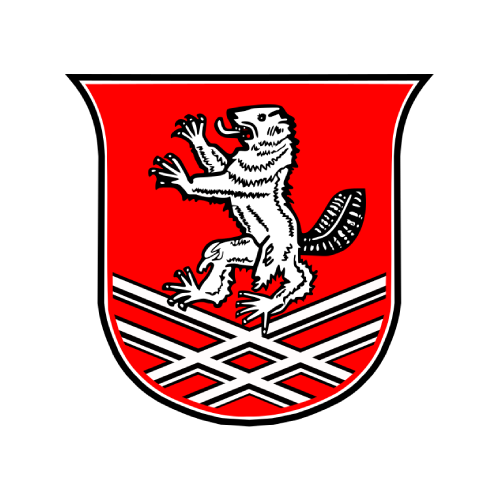
Bebra (13,800 inhabitants) is a German town in the district of Hersfeld-Rotenburg in the state of Hesse. It has immigrants from over 80 countries and the city has a long history of immigration, to the extent that it calls itself a “model of integration”. The city is primarily interested in defining the work of the integration commission in a ‘mission statement on integration’ and in sharing experiences with other small towns.
University of Applied Sciences Erfurt

The University of Applied Sciences Erfurt, located in the capital city of the state of Thuringia, is a German university that combines an academic education with practice-oriented applications. Its team comes from the Faculty for Architecture and Urban Planning, including scholars working on urban studies and migration studies with a long-term expertise on small town societies, social cohesion and conflicts.
Team Member
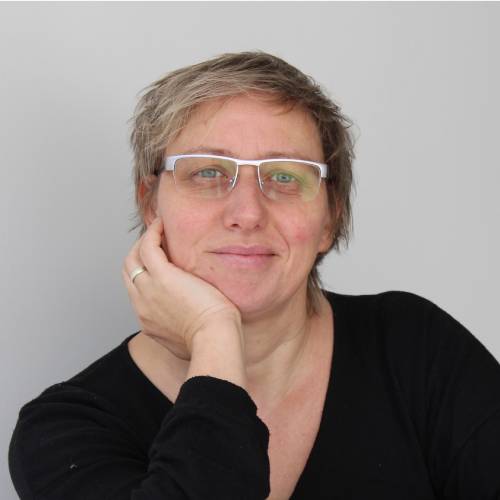
Katrin Grossmann
Katrin Grossmann is a professor in urban sociology at University of Applied Sciences Erfurt. In her research, she combines different aspects of justice at the intersections of critical urban studies, sociological theory and environmental topics such as energy poverty, energy policy and housing; social cohesion, migration and conflict; social inequality, residential segregation and neighbourhood change. Urban shrinkage has been a long term interest in her work which lately lead to a focus on small cities and their trajectories. Within PISTE, she is part of the German team, among others leading Work Package 2 on regulatory frameworks, networks and local practices.
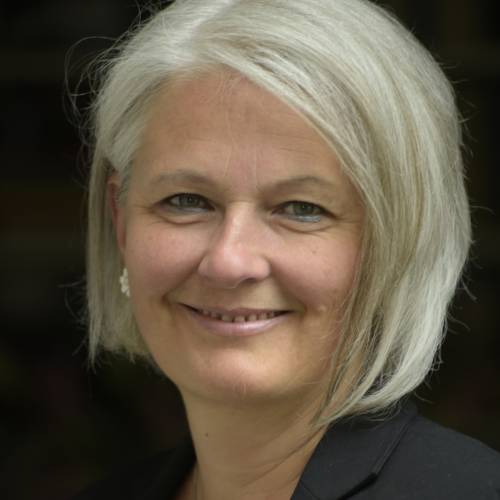
Kerstin Schenkel
Kerstin Schenkel has worked as a lecturer and researcher in the Department of Urban Geography at the Free University of Berlin and completed her PhD in Urban Geography at the University of Luxembourg. Her research experience in urban and spatial planning at the University of Applied Sciences Erfurt is related to urban development policy, participation, governance, migration, and post-growth and transformation approaches. She is one of the members of the German research team and works on work packages 2, 3, 4 and 5, focusing on the legal framework, the implementation of local practices of integration networks as well as the monitoring of the writing workshops and the policy experiment.
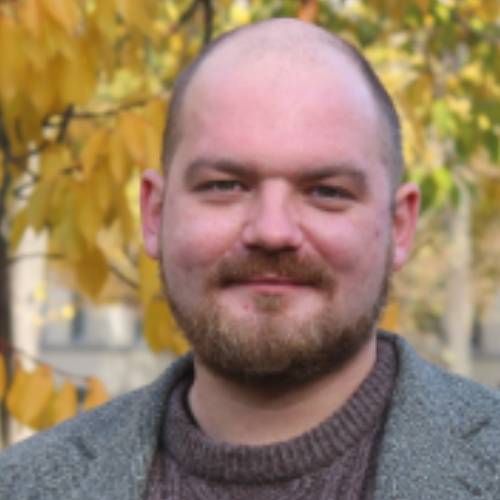
Sven Messerschmidt
Sven Messerschmidt (M.Sc.) is working as an urban and spatial sociologist at the University of Applied Sciences Erfurt. His research focuses on specific issues of social inequality and social cohesion, such as the voluntary civil society, post-migrant society, belonging and (urban) citizenship, as well as local policies on migration. Besides that, he is also active as a freelance urban activist, street artist, and educator on a local and international level. He is part of the German research team and focuses in particular on historical and participatory aspects as well as migrant’s self-organizations and their local practices.
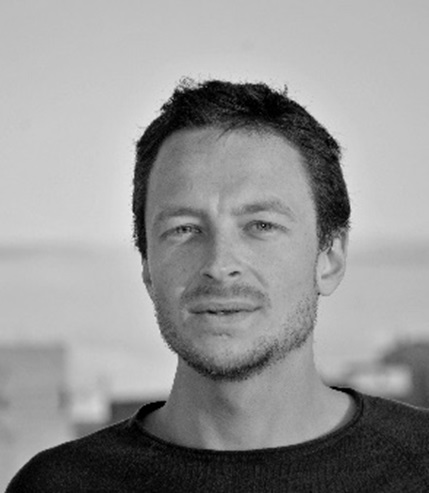
Johannes Gloeckner
Johannes Glöckner (M.A.) is an urban and spatial planner and works as a lecturer and researcher at the University of Applied Sciences Erfurt. The focus of his research is migration-related topics of urban and neighbourhood development. His research experience is related to governance and local policies, neighbourhood coexistence and participation. He joined the German research team in March 2023 and works in particular on work packages 4 and 5 to evaluate the implementation measures at the local level in the project.